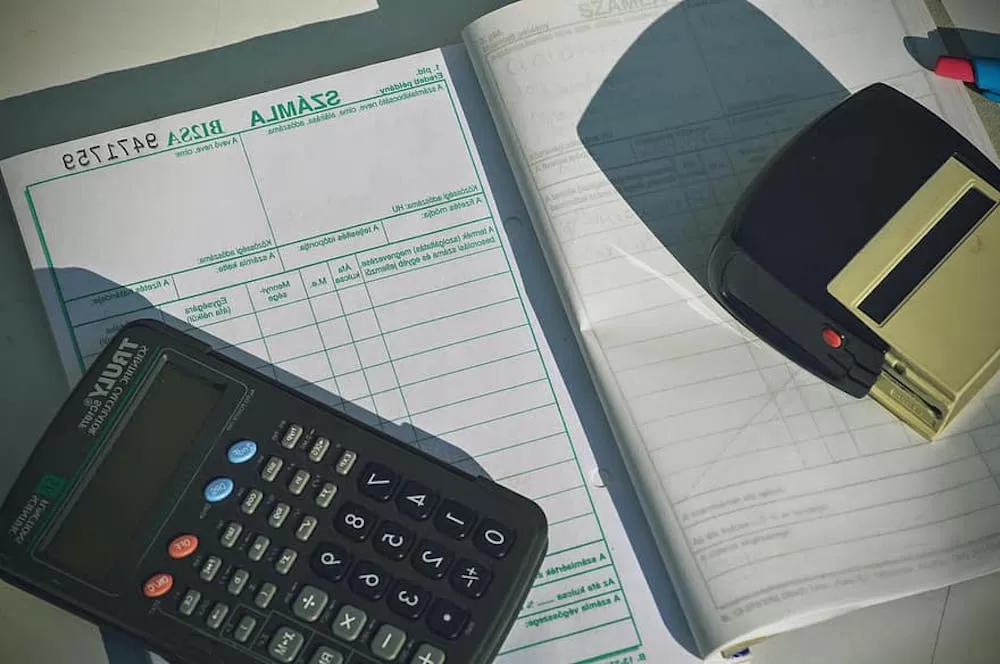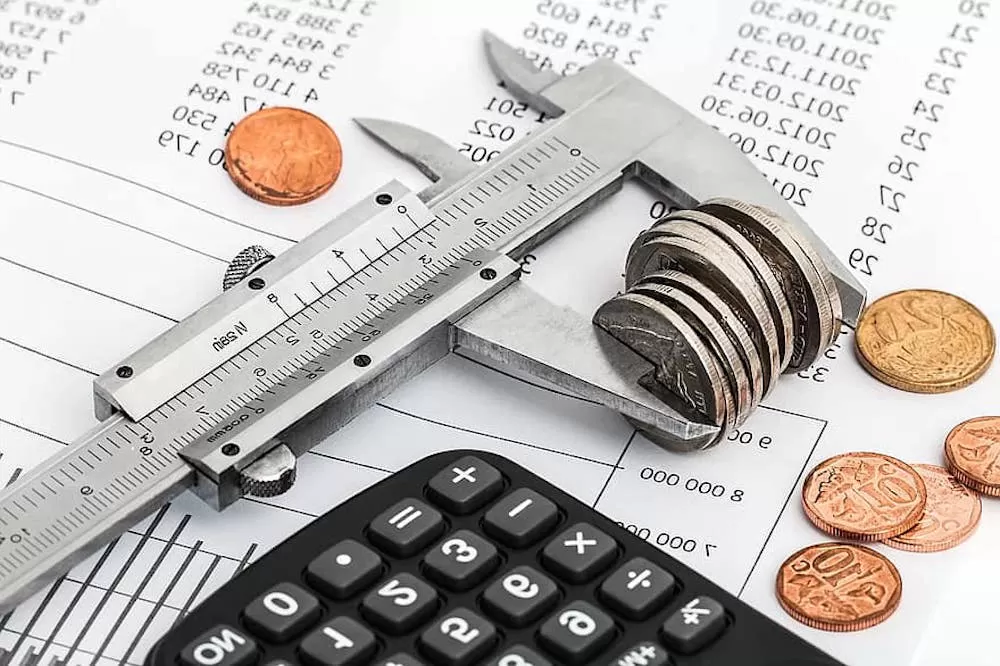
First, you should know that the moment you become a legal resident of the Czech Republic, you'll automatically be a taxpayer as well. Though a tax resident's status doesn't just depend on what it says on one's legal documents. The general rule is as long as you spend 183 days—approximately six months—in the country, you'll become a taxpayer as well. There are even times in which you don't even have to move to the Czech Republic to be legally obliged to pay taxes to its government. If you earn money from a company based here, you will be required to pay taxes as well.
Perhaps the most basic type of tax that practically everyone pays in the Czech Republic is the personal income tax. The moment you find a job here, you'll be required to contribute your fair share. It's the law here as it is in most other countries. You'll mostly be taxed on your employment income, business income. other capital gains, dividends, rental, interest income, annuities, and other income. However, one thing that's completely unique to the Czech Republic's tax system is that the personal income tax has a flat rate of 15%, no matter what your gross income is.

Of course, after every tax calendar, you'll have to file your tax returns. Like many other countries, the Czech Republic follows the standard calendar for its taxes, meaning what you file should be from January 1 to December 31 of the year before. The deadline for filing is often sent in March, though due to the recent COVID-19 pandemic, the deadline for filing the 2019 taxes was set in August. But for first-time taxpayers, they often get a 3-month extension to file their taxes for their first year in the Czech Republic. Still, failure to file and pay on time will result in steep penalty fees.
Another type of tax that most people pay in the Czech Republic are contributions to the country's social security. All employees here pay 11% of their gross income for this tax, 4.5% of which goes to funding one's health insurance and the remaining 6.5% goes to funding one's pension after retirement. Though it can deduct a substantial amount from your gross income, this tax is imposed to benefit you in the long run. It's where the government gets the funds to keep the Czech Republic's healthcare system intact as well. So it's undoubtedly one of the most important tax contributions you make here.

Since the Czech Republic has seen a lot of businesses rise up in recent years—resulting in a stronger job market—they've also imposed corporate taxes as well. Since 2019, similarly to the personal income tax, the corporate tax in this country also has a flat rate: 19%. Notably, 5% of which applies to one's investment funds. Though there are certain thresholds you ahve to look out for when it comes to this type of tax. For instance, is the tax liability of the previous fiscal year is below 30,000.00 Kč, you pay your due tax in a single payment.
If there's one type of tax that all people in the Cech Republic pay, no matter one's legal status in the country, it's the Value-Added Tax (VAT). Practically all goods and services offered here are taxed based on this type, from simple candies in a convenient store to luxury clothes bought in a mall. Probably without your knowing, what you just paid for was more expensive than its standard retail price because of this tax. The flat rate for the Czech Republic's VAT is 20%, though any reductions incorporated will lessen it down to a minimum of 10%.

While most countries' tax systems are unique, the Czech Republic stands out quite distinctly. They impose this a lot differently y than other nations, including its neighboring countries. You'd do well in learning more about its system before settling down here.
The moment you become a good taxpayer and your finances are secure, reward yourself by moving to a luxurious Czech rental for your new home!